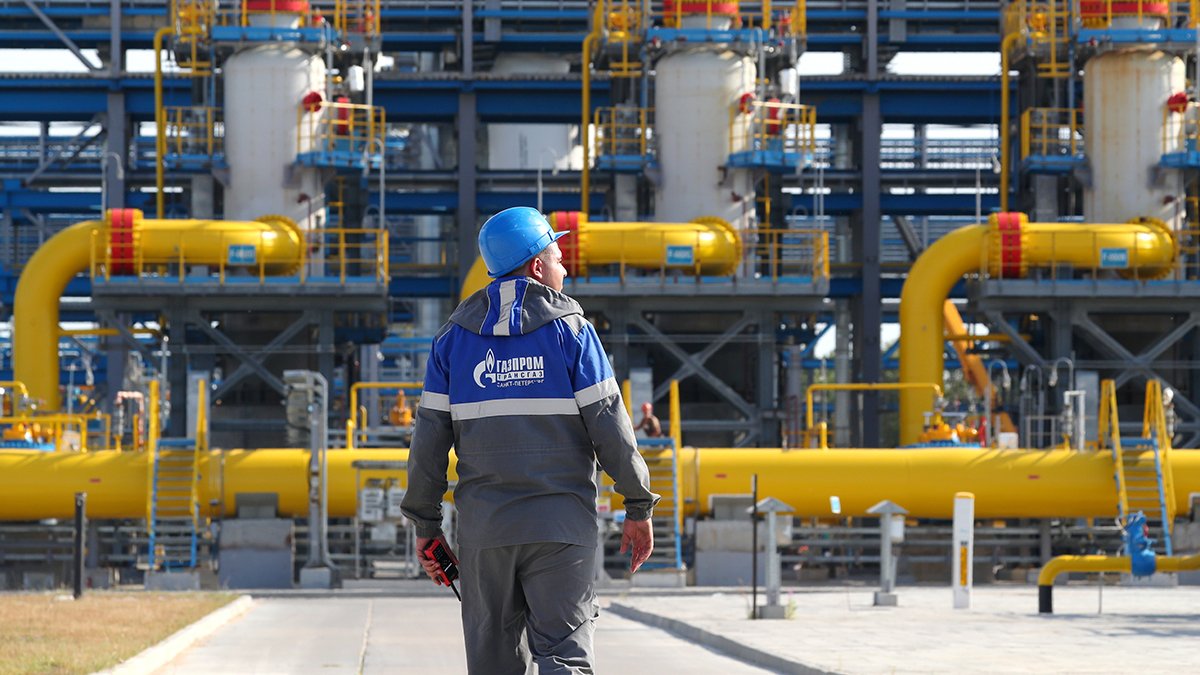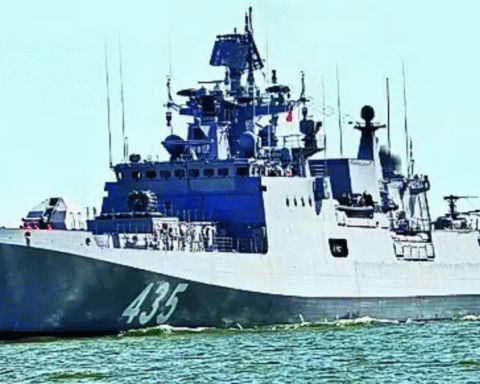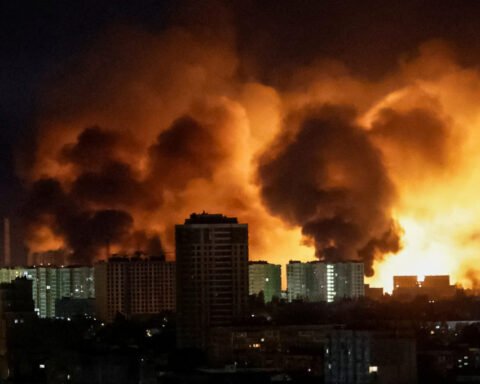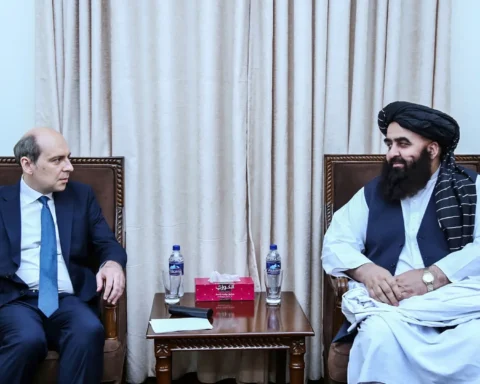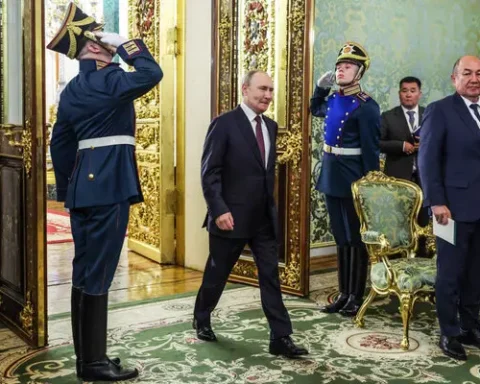Russia has once again emerged as the leading supplier of liquefied natural gas (LNG) to the European Union, delivering gas worth €701.5 million in October 2024.
This significant contribution accounted for about 32% of the EU’s total LNG imports for the month, highlighting the enduring yet complicated energy relationship between the two parties.
Despite the EU’s ambitious plan to phase out its reliance on Russian fossil fuels by 2027 under the REPowerEU initiative, Russian LNG continues to play a vital role in meeting the bloc’s energy needs. Between January and October this year, the EU spent over €5.7 billion on LNG from Russia, showcasing the challenge of achieving energy independence in the face of fluctuating market demands and limited alternatives.
The reliance on Russian LNG has sparked heated debates across Europe. While some member states are calling for a complete and immediate ban on Russian energy imports, others stress the importance of a more gradual transition to avoid disruptions in energy supply. Energy ministers from across the EU met in October to discuss the ongoing energy crisis in Ukraine and the broader implications of continued imports from Russia, but divisions remain over how best to move forward.
Adding to the complexity is the looming expiration of a critical gas transit agreement between Russia and Ukraine at the end of the year. If the deal is not renewed, it could disrupt supplies to several EU countries, especially those in Central and Eastern Europe. Slovak Prime Minister Robert Fico emphasized that maintaining the flow of Russian gas through Ukraine is not just a regional issue but one that affects the entire EU.
Also Read; Tanzanian Coffee Supplier Faces Allegations of Fraud
In response to these challenges, the EU has been ramping up efforts to diversify its energy sources. New LNG terminals are being constructed, and alternative supply routes are being established. Germany, for example, has significantly increased its LNG imports from the United States, which now account for over 90% of the LNG processed at its new facilities.
However, this transition has not been without its hurdles. A global surplus of LNG shipping capacity has caused freight rates to plummet, complicating logistics for European importers. Additionally, delays in developing new LNG export facilities have made securing reliable supplies more challenging.
On the regulatory front, the EU has introduced new sanctions aimed at curbing Russia’s use of “shadow fleets” to bypass transport restrictions on oil and gas. These measures are designed to tighten economic pressure on Moscow, but they could also have unforeseen effects on the stability of energy supplies within Europe.
